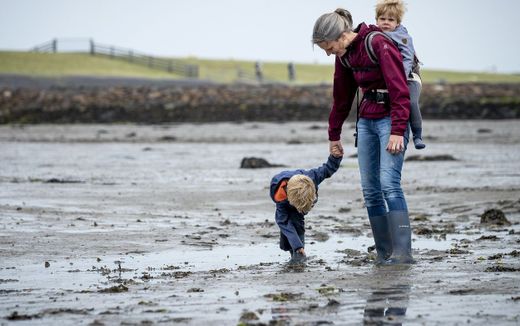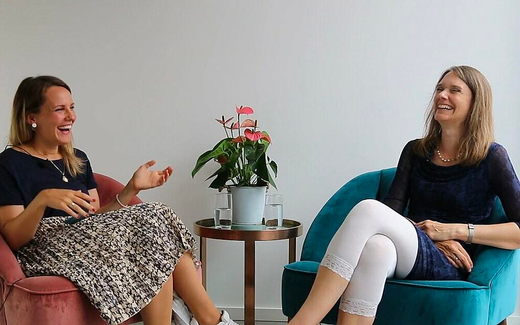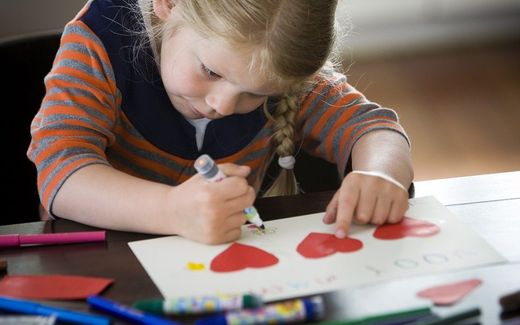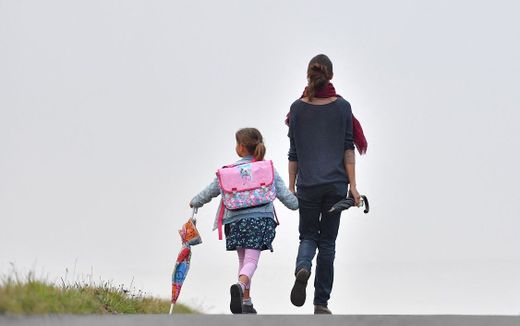When you lose your child before you can hold it
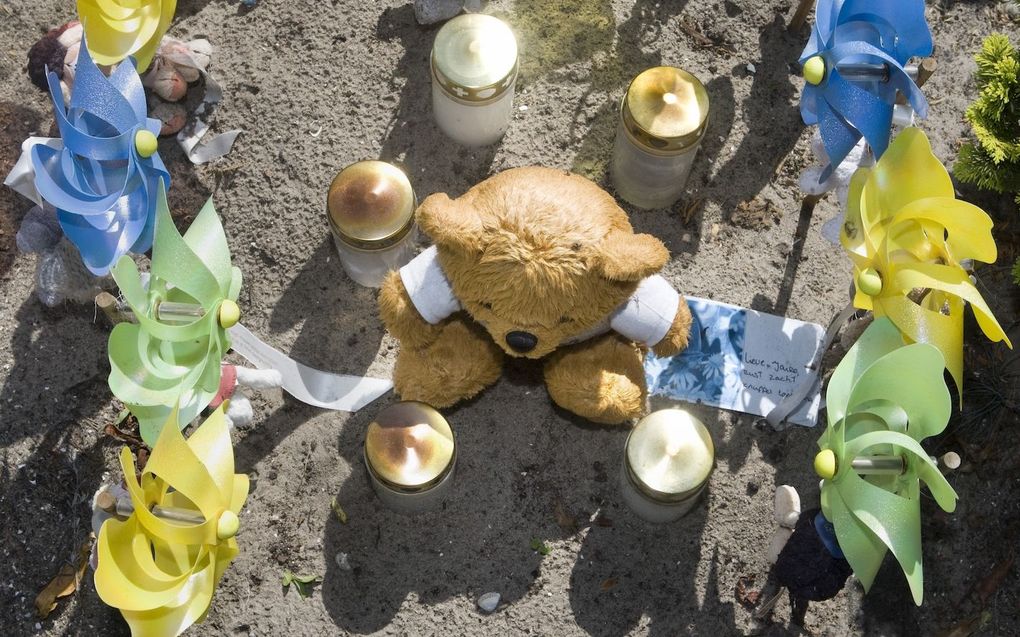
Children's graves usually look different from others. Photo ANP, Koen Suyk
Christian Life
Not every pregnancy leads to the birth of a healthy baby. In Germany, more than 1 in 6 ends in a miscarriage. Parents often experience a lack of understanding of their grief.
Last year, more than 700,000 babies were born in Germany, Die Tagespost reports. But 3,248 other couples had a stillborn child. In addition, 2,352 children died before their first birthday.
And that does not even count the number of children who do not survive the first 23 weeks of pregnancy. The German Robert Koch Health Institute estimated about 25,254 miscarriages in Germany in 2021. However, in this number, miscarriages that did not happen in the hospital or clinic were not included. In addition, there may be some miscarriages hidden behind medically induced abortions.
Children who die before birth are sometimes called "Sternenkinder" (star children) in German. In English, there is the term "Rainbow child." Both words show the deep bond between the parents and their tiny child.
However, often parents who lost their unborn child meet a lack of understanding from their surroundings, who do not see how parents can bond with a child they have barely known.
That can lead to insensitive statements, such as "It was still so small" or "Don't worry about it, you can still have another child", Die Tagespost notes. These words hurt parents, who do not see their baby as an 'it' but as a unique and individual child.
Severe grief
Parents who lost their child find it essential that their severe grief is acknowledged, says bereavement counsellor Sylvia Schleuter from Düsseldorf. She adds that telling these parents you don't know what to say is okay.
Andrea lost her daughter Luise shortly before the baby was born. She says that processing her grief has taken time. What helped her was the support of her surroundings. "My siblings needed me; that was the greatest support."
In addition, she found it comforting that she was not the only one. Especially after reading a book on "Sternenkinder", she experienced many cases that were "worse than mine." She read about women who lost their first child, several children or those who ended up without them.
Every anniversary of Luise's death and birth brings back memories, Andrea tells Die Tagespost. But once a year, she looks at the many cards she received at the time. "All of this showed us: You are not alone."
The Federal Association of Orphaned Parents and Grieving Siblings in Germany has several suggestions for mourning parents and those who are there to help them, such as social workers. They propose to use rituals to promote the grieving process. First, the loss of the child needs to be acknowledged. Secondly, the expression of grief needs to be stimulated; and thirdly, there should be an indication that life goes on.
Bereavement counsellor Schleuter explains that it can take a long time before parents can integrate the death of their child into their future. Especially the second year after the loss of the child can be difficult for them, she sees. "That happens at a time when friends, colleagues, neighbours and acquaintances are mostly emotionally distancing themselves again and expecting more normality, because "it has been so long.".
Andrea has been on her way to processing her grief. "The question of why remains. But I am grateful that I could see Luise and that we could say goodbye to her."
Related Articles


